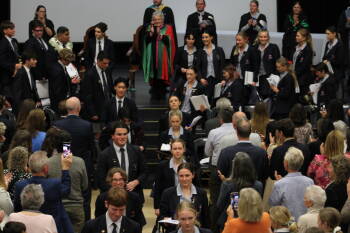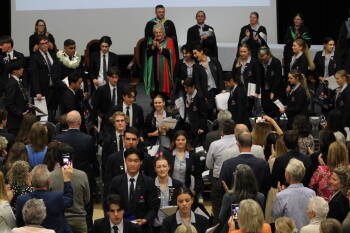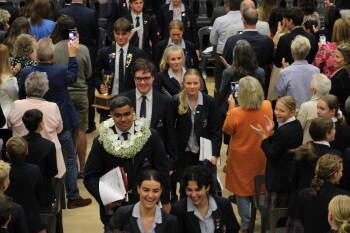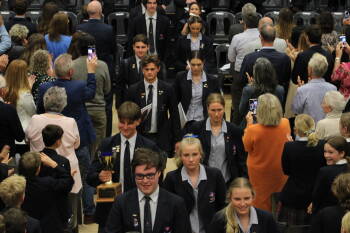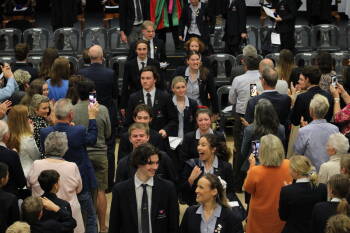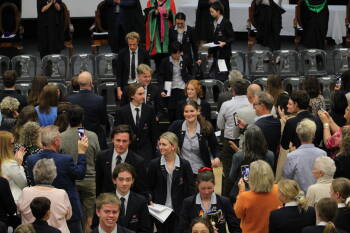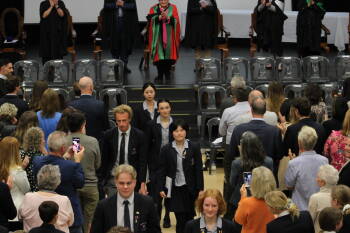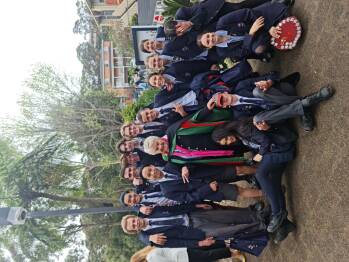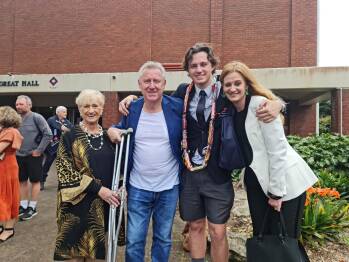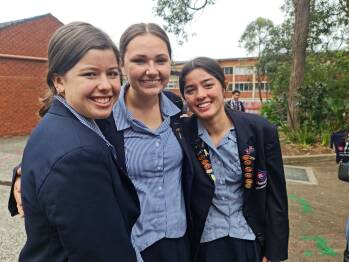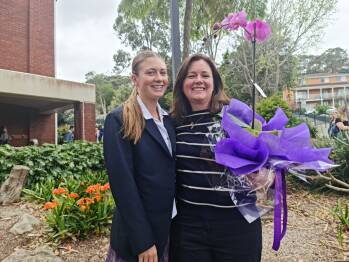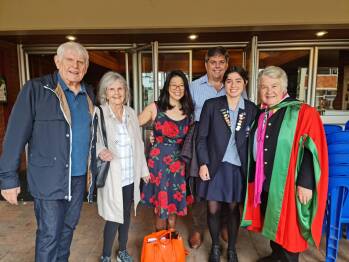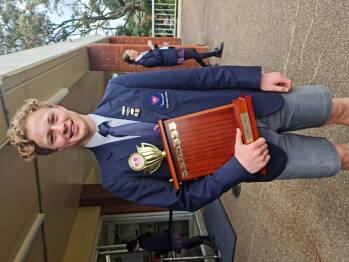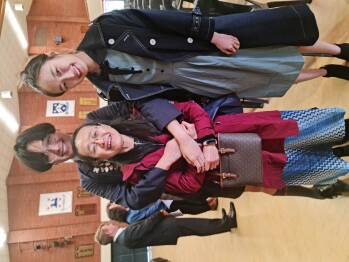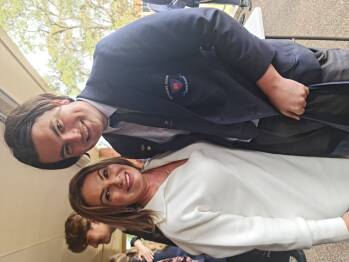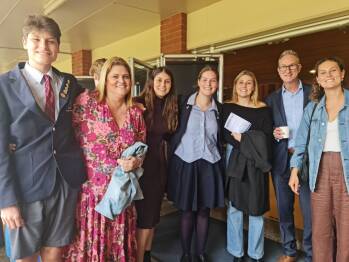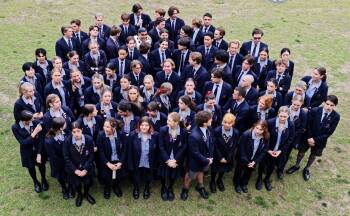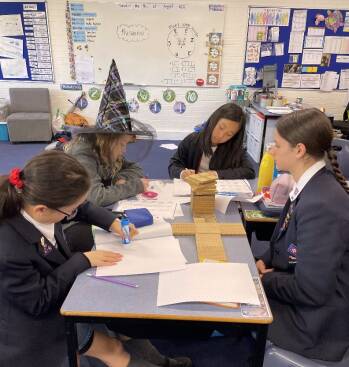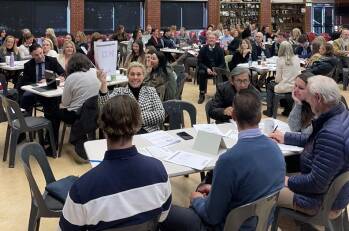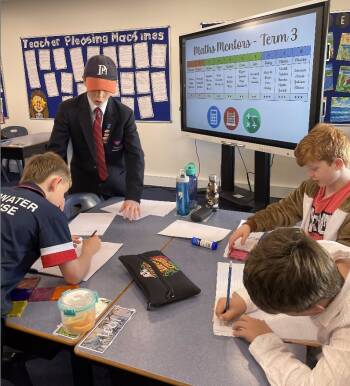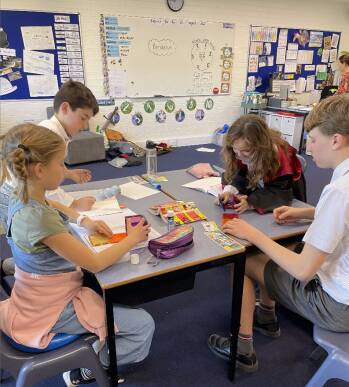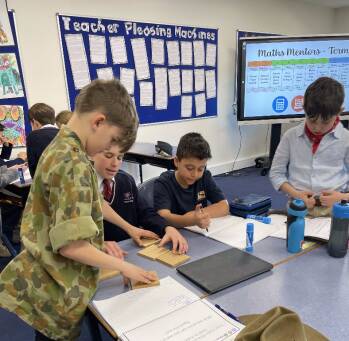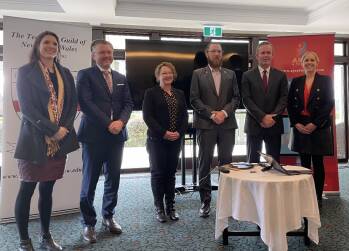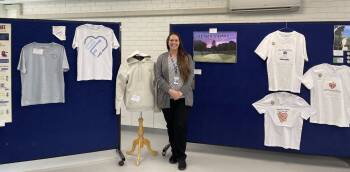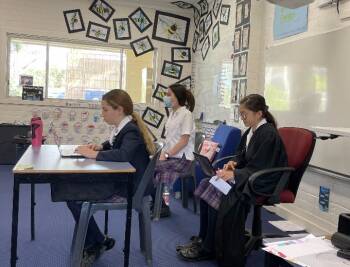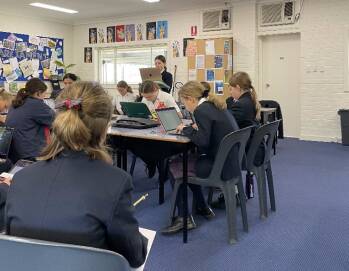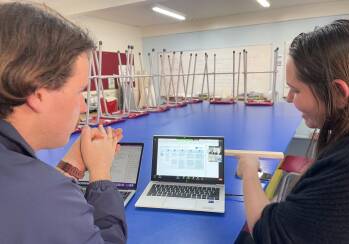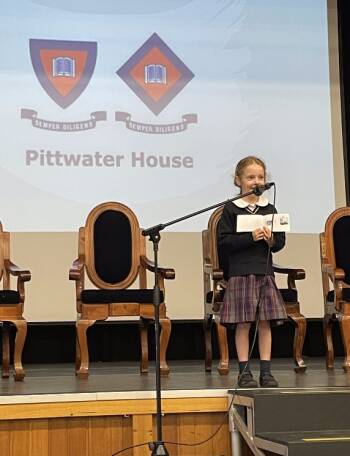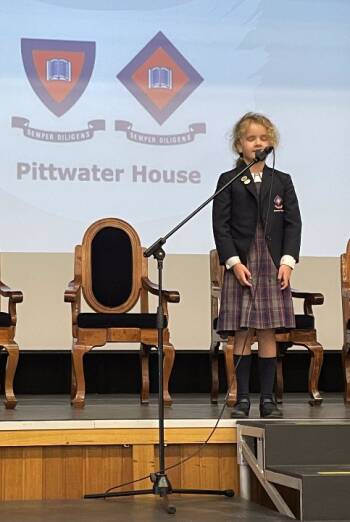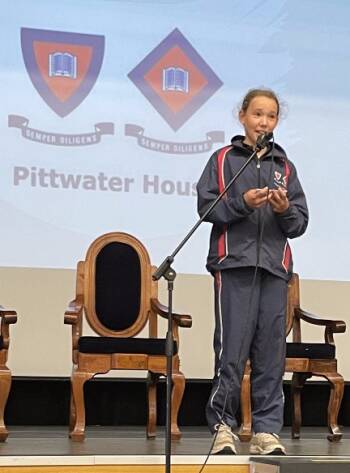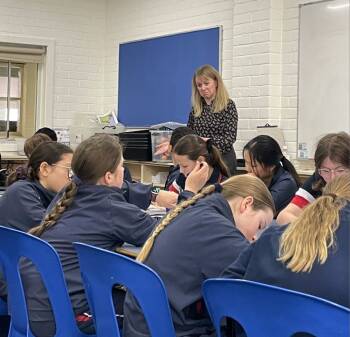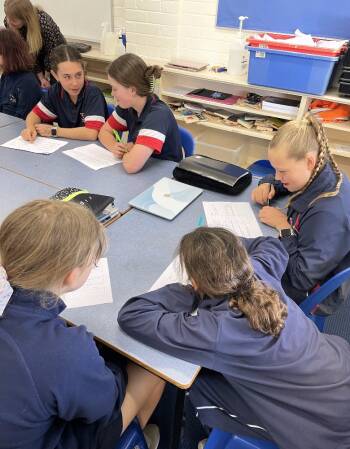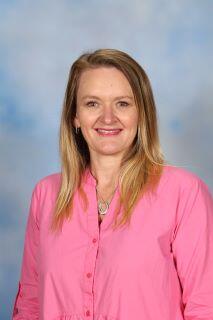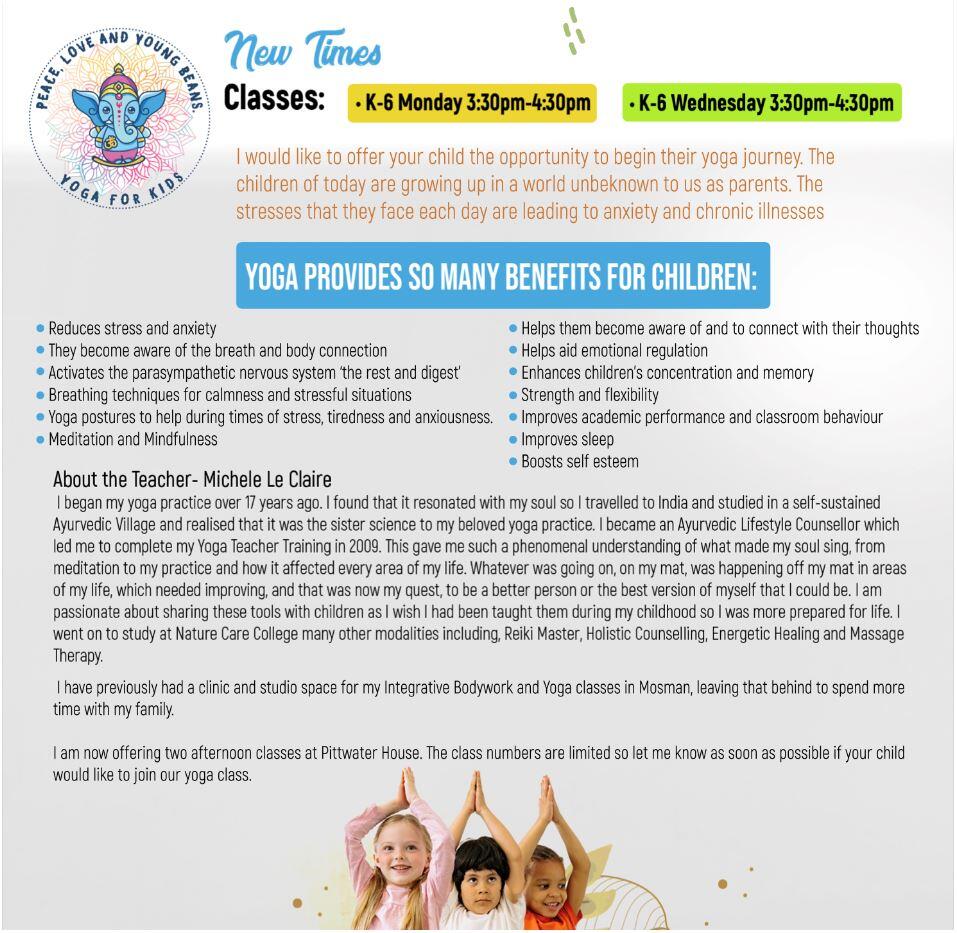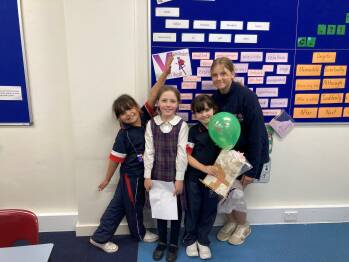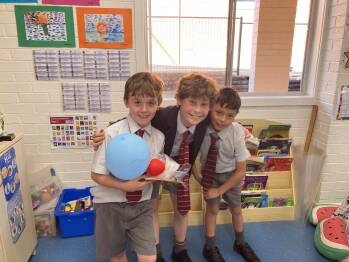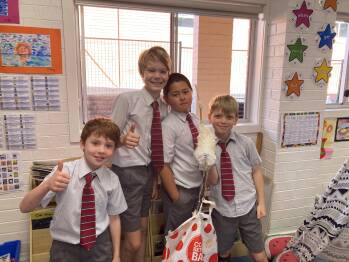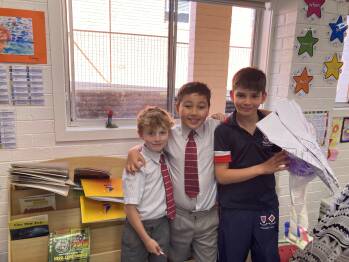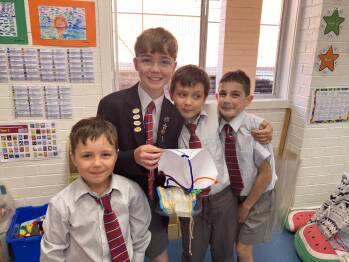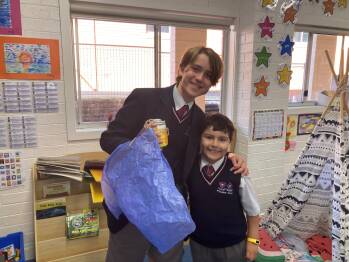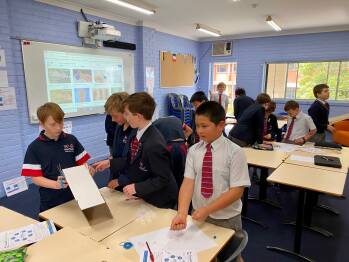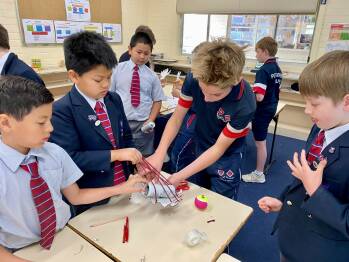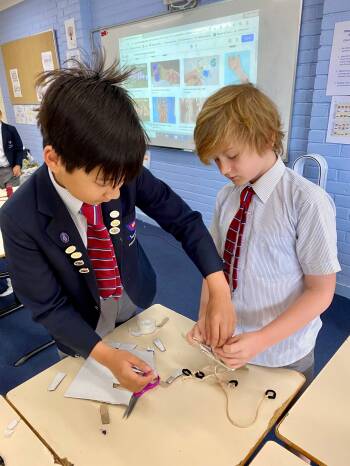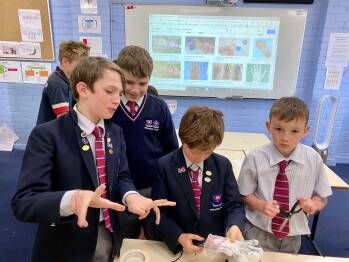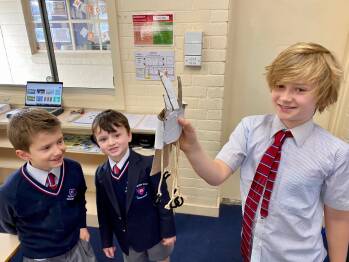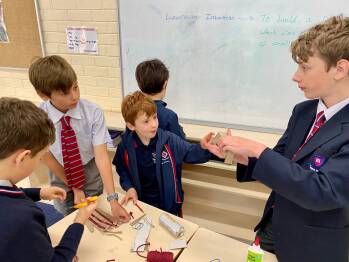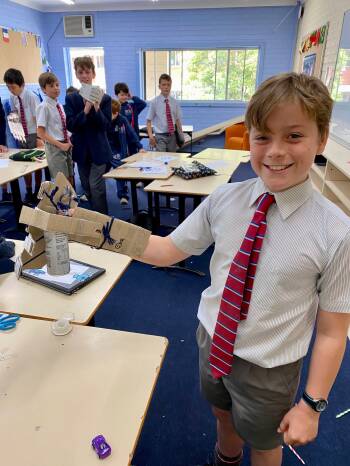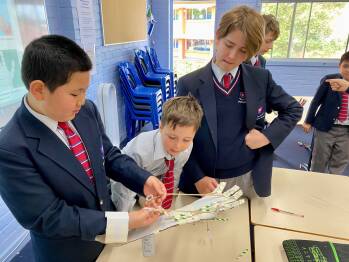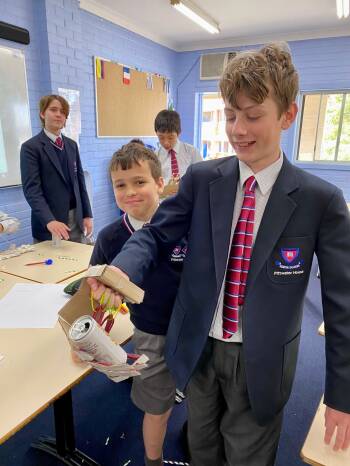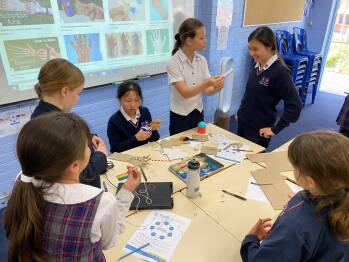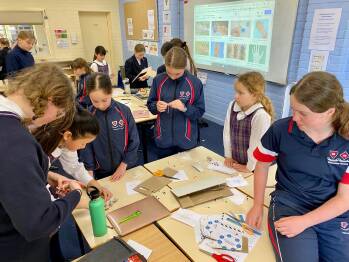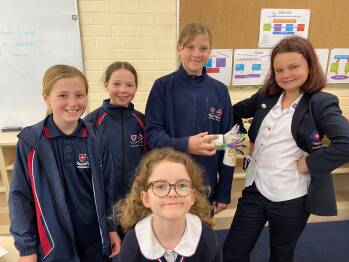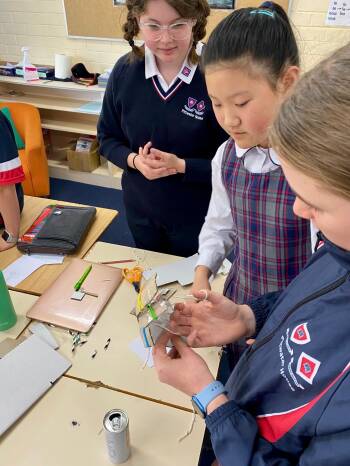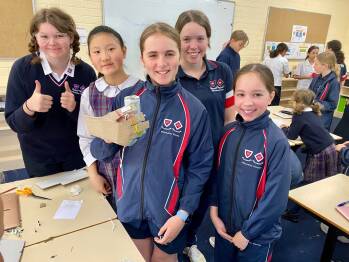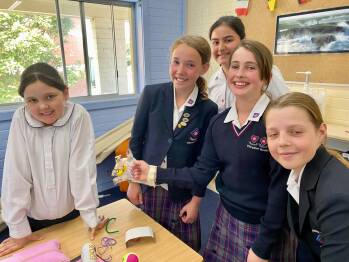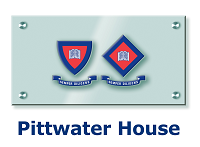Our HEROIC Learning Model
As I write this article, I marvel at the speed at which this last term has progressed. It is hard to believe that today is the last day of the HSC Class of 2022’s formal lessons. I commend the Year 12’s for all that they have achieved thus far and wish them much success in their stuvac preparation and forthcoming examinations. Indeed, they know more than they think, and they are more ready than they believe! Such is the power of resilience and determination to give of one's best. I thank this cohort for the many wonderful ways in which they have strived and exhibited resilience in their HEROIC learning and for the warmth that they have shown me in the short time I have had the pleasure of knowing them this year.
As I reflect on the term gone by, I wish to acknowledge the wonderfully HEROIC teaching and learning opportunities afforded to the students by my colleagues, across the Junior and Senior school:
Professional Learning: Our first day of term began with an inspiring and ‘perfectly pitched presentation’ from Dr Mark Williams, who we are very excited to confirm will continue to partner with us as a staff, as we engage our students into our twin schooling model that is designed to cater to the neuroscientific ways to engage girls and boys in their HEROIC learning. We look forward to Mark’s return on 17 October for another full day of professional learning to continue our study in gender-intelligent learning strategies that define our unique point of difference at Pittwater House.
Deep Learning: Our commitment to ensure that our students are given opportunities to pose questions and solve real life problems (the very essence of Deep Learning pedagogies) is evident in the Term 3 Deep Learning designs that have formed much of both the Senior and Junior school programs this term. Today, I had the pleasure of assessing together with the Head of PDHPE; Mr Richard Upton, the solutions to real life problems that Mr Rob Clarke’s Year 10 PASS class have designed. Their designs including a ‘techsuit’ and robots to simulate players on the field were nothing short of stunning. It was evident that the students have authentically been engaging in the Deep learning competencies of Collaboration, Character, Critical Thinking, Citizenship, Communication and Creativity to design these authentic products. Mr Upton and I thoroughly enjoyed our time as sharks in the ‘Shark Tank’. Finally, I had the pleasure of accompanying our Year 6 Teacher Ms Belinda Treloar, to the Teachers’ Guild of NSW, where she shared her collaborative, evidence-informed History unit. We wish Belinda well in the forthcoming World Teachers’ Day awards.
Year 6 Parliament: Last week I was fortunate enough to have been invited to Mrs Tickle’s Year 6 class for a sitting of parliament. To see every student, enjoy ministerial roles, speaker roles, clerk roles and even a Serjeant-at-arms role, was one thing, but to hear these young women articulate with such passion and intellect, seriously blew me away. I had to pinch myself at one stage that I wasn’t in Canberra in the House of Representatives, but in a Year 6 classroom at Pittwater House. As I told this class on the day, I had the pleasure of observing them - they are indeed so ready for high school and I acknowledge my colleague Mrs Tickle and all the Year 6 teachers; Mrs Belinda Treloar, Ms Maddy Carver and Ms Sucharita Rao who are engaging students in such an authentically valuable learning experience.
Year 6 Quest for Knowledge: At Pittwater House we promote the professional excellence of our dedicated teaching staff. Such is my privilege to observe my colleagues in their practice as part of my support of their teaching accreditation pathway. Last week I had the pleasure of observing Mrs Victoria James as she led a class of knowledge seekers in the Year 6 ‘Quest for Knowledge’ class. The lesson on the history of proverbs was most engaging for the students who also enjoyed the opportunity to compose their own proverb.
Public Speaking Showcase K-6: The public speaking showcases for K-6 proved to be a wonderful celebration of our confident articulate HEROIC learners as they engaged all their peers, teachers and parents in their age-appropriate speeches. We have budding orators in our midst at Pittwater House. Their confidence and poise were truly inspiring.
HSC Major Projects Showcases: Finally, our Class of 2022 should feel so deservingly proud of themselves as they complete 13 years of education. For our talented students whose HSC pattern of study included major projects; their displays both live and static were testament to their journey at Pittwater House, where they willingly gave of their best. They have much to be proud of.
The responses below from two of my own Year 10 College English students epitomise a dynamic term of learning and their profound insights to the provocation below, highlight just how much we value the inquiring minds of our HEROIC learners.
"Poetry is, above all, a series of intense moments – its power is not in narrative. I’m not dealing with facts; I’m dealing with emotion."
The art of language is displayed through poetic artwork. Each individual word acts as a different colour each with its own particular trait. Words provoking anger, bright red on the canvas. Sticking out and instilling these intense emotions. Duffy's quote eloquently illustrates the truth of poetry. Not to see words on a page, but to feel. To see words and form an artwork with many different colours and many different emotions. You may see the language manipulation from a different perspective from others. You may not feel the same, but nonetheless, you will feel. The construct of particular words in particular ways strike different parts of your heart and your brain. However, these feelings are not subtle, they are striking, and they are intense. Whilst the power is not in its narrative, the journey of emotion by far supersedes the overall narrative. You are taken through a rollercoaster of different emotions allowing you to travel on a journey with your mind. When a poet writes there is a reason, they wrote a poem rather than a narrative. When dealing with words in poetry, you may write close to nothing but give off a whole world.
by Yarra (C10)
I both agree and disagree with this statement, poetry is emotive, yes, yet all good poems tell a story, a narrative, whether written or implied. A story, especially in poetry, may be told through emotion, or a "series of intense moments", however it should all pull together to form a coherent narrative. You may have the story splayed out before you, or you may have to read between the lines, but you always find a story within a good poem.
by Alice (C10)



